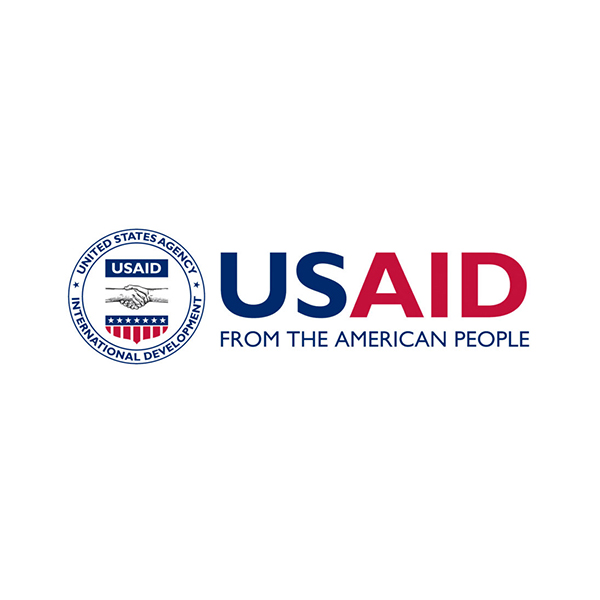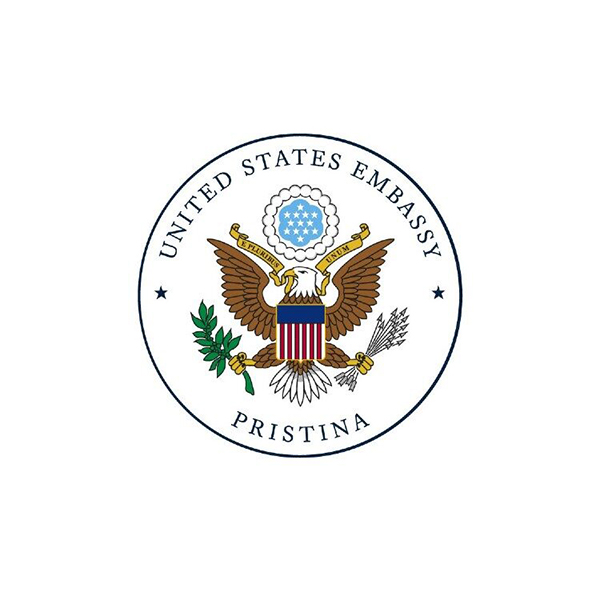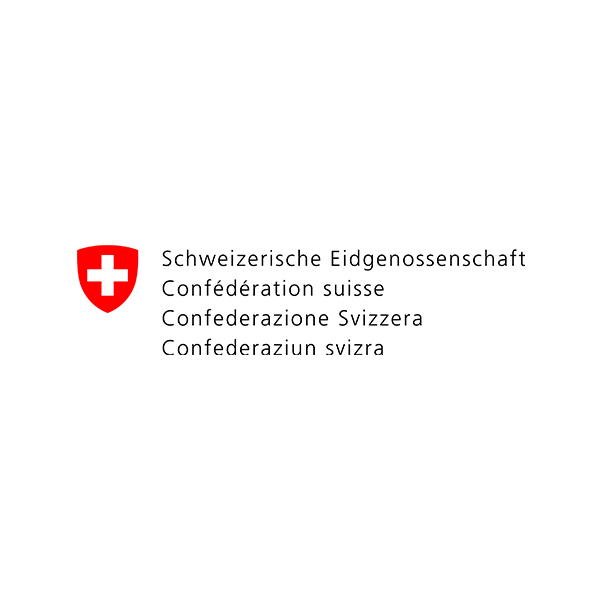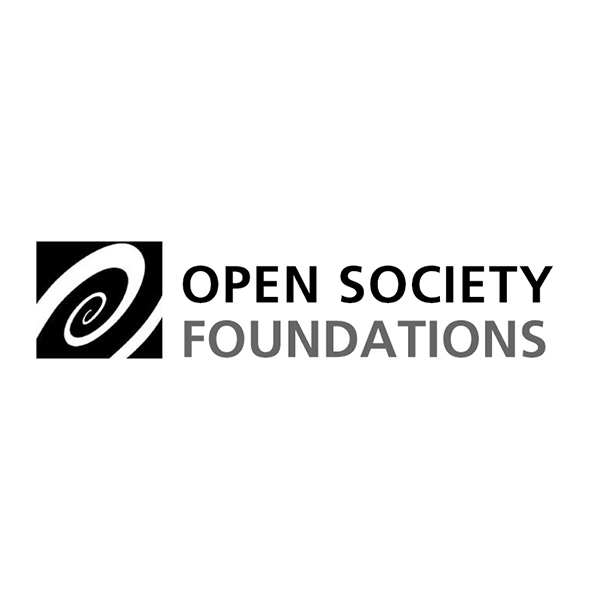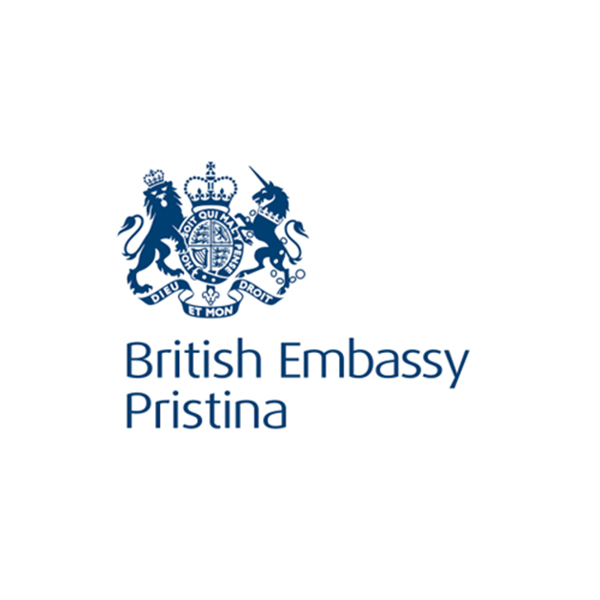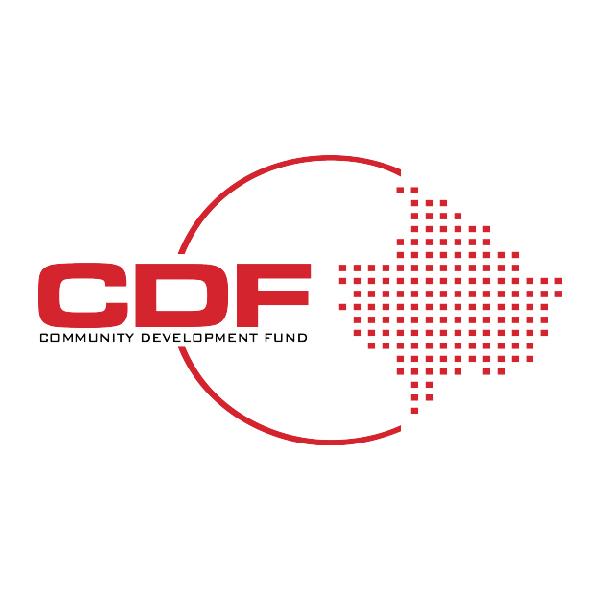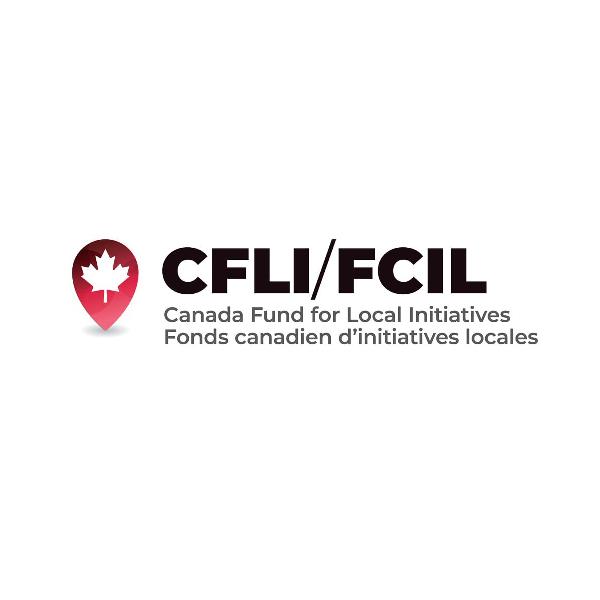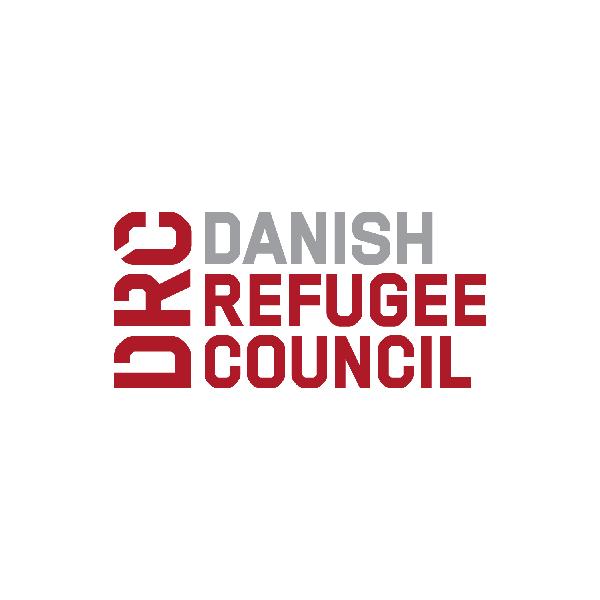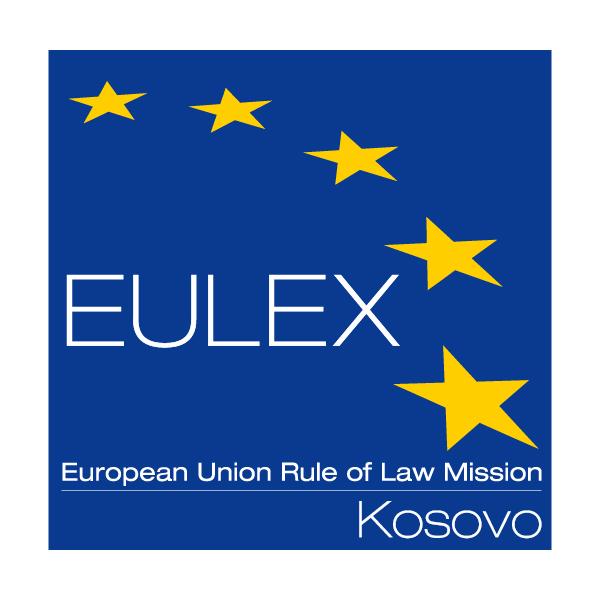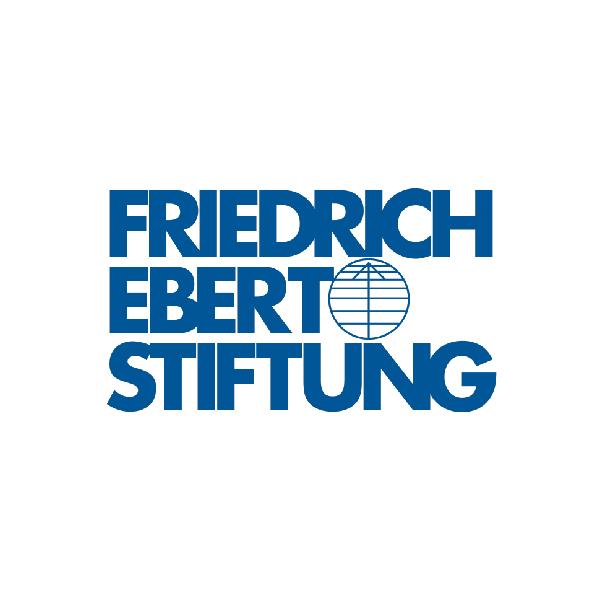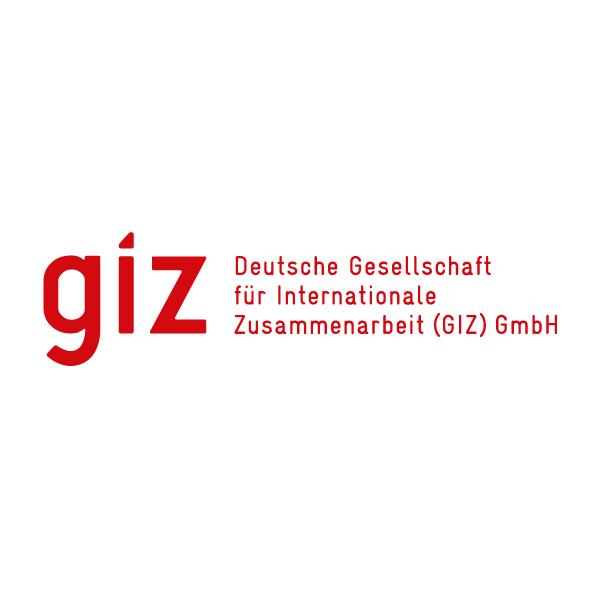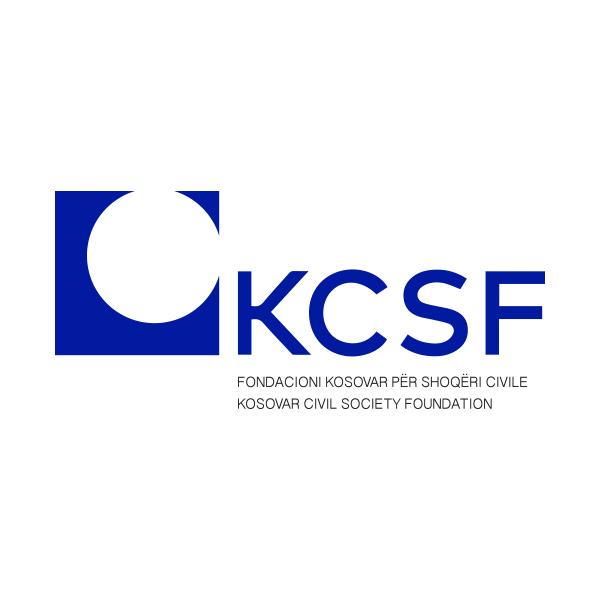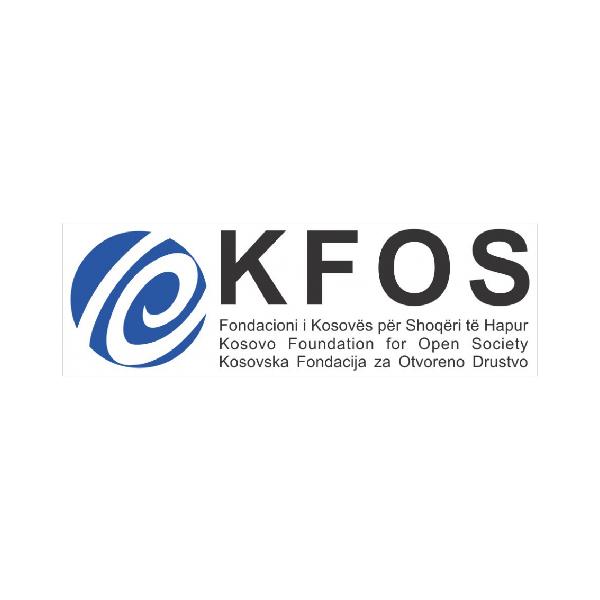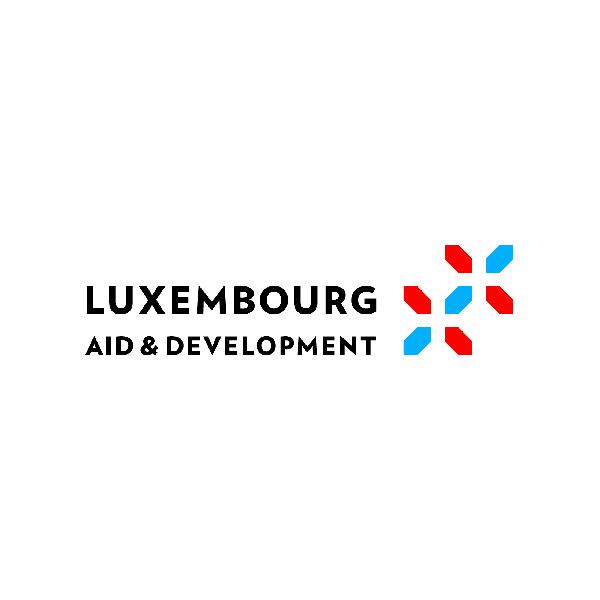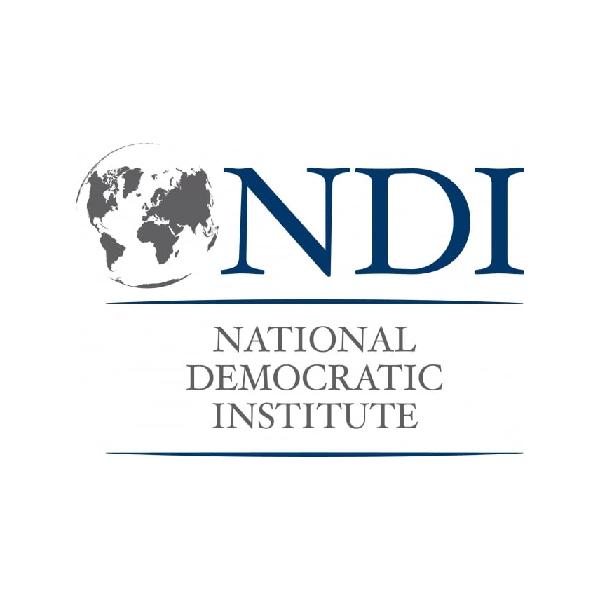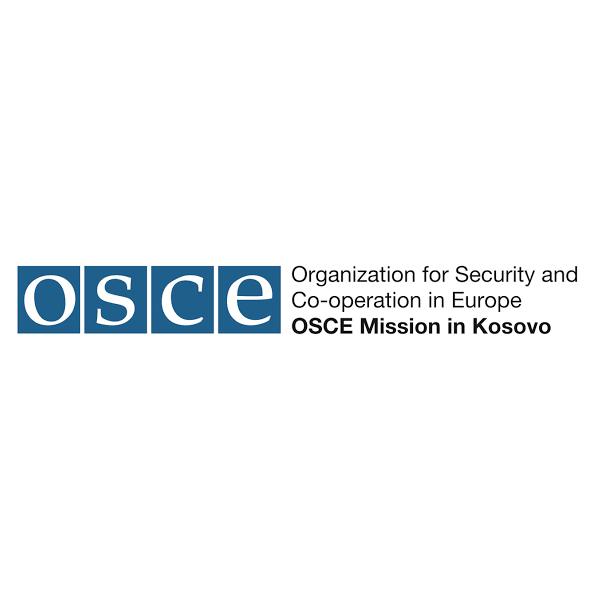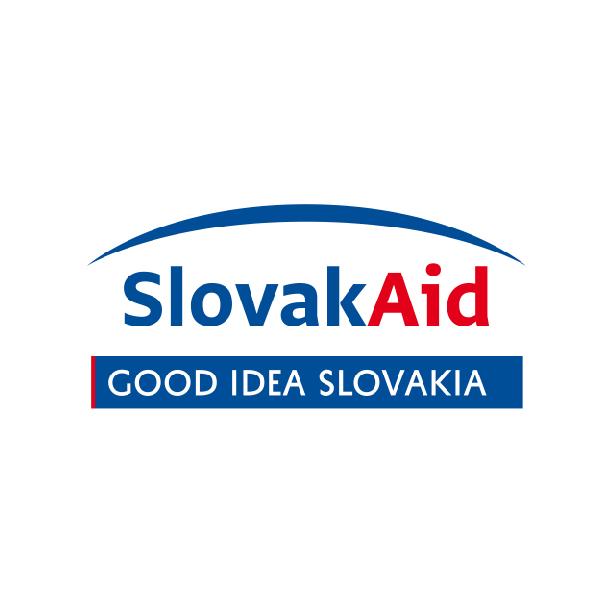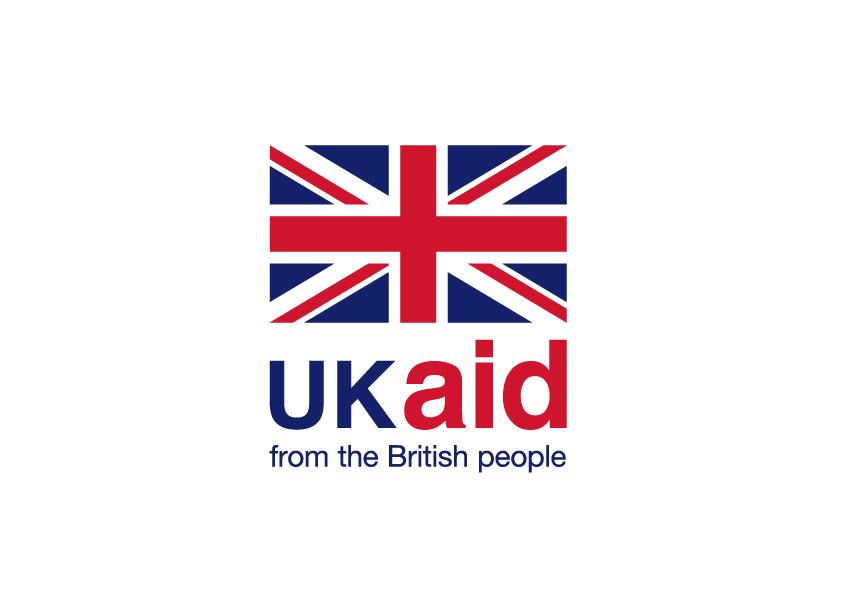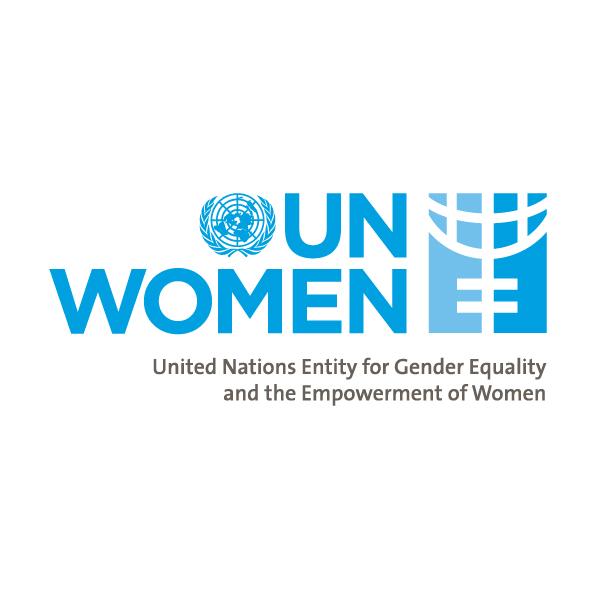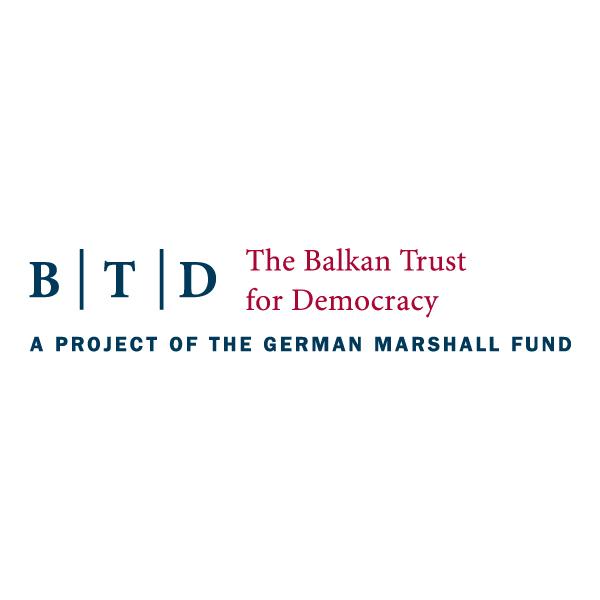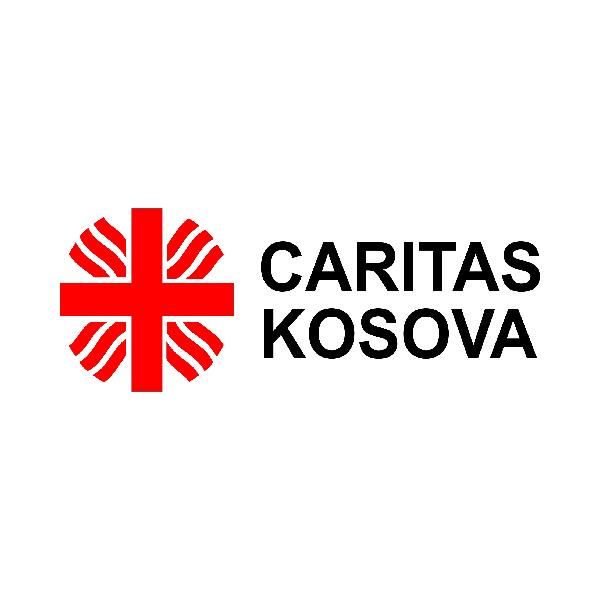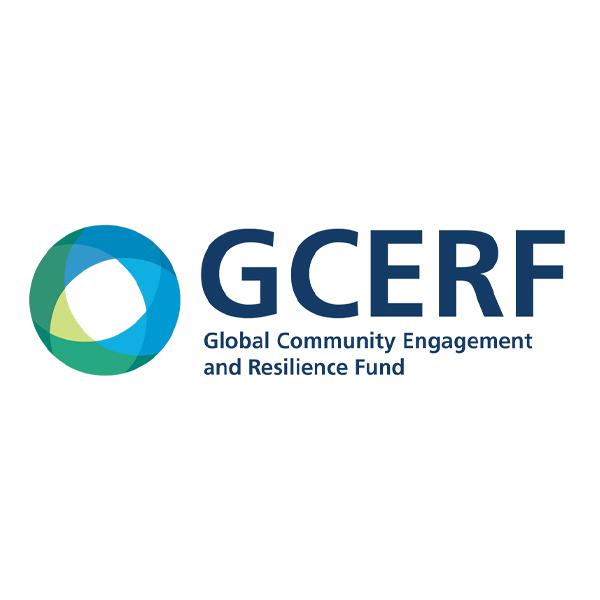Djurdjevdan was especially in the focus during the 90s of the 20th century, entering the vicious circle of isolation which unfortunately has been present to this day. We live and survive the third decade, while Djurdjevdan sparks great interest with the Gorani just as well as with other nationalities and communities, precisely because of the beauty and authenticity of this tradition. Therefore, you can imagine what this isolation meant for the Gorani who traveled on foot to Thessaloniki, Sofia and Istanbul and even further east and west for hundreds of years before the wars in the first half of the 20th century.

Gorani and Stereotypes
As every community, Gorani have teachers, doctors, surgeons, athletes, engineers, writers, lawyers, judges, economists, journalists, etc. However, all this was not sufficient to break the stereotypes that Gorani are only good candymakers, chefs, and not so good politicians. It takes a bit more than a willpower, little education, from high school diplomas to PhD diplomas of dubious origin, to be a good politician.
Yugoslav Shepard Dogs, Food and Climate
Once famous for the Yugoslav Shepard Dogs, good quality sheep and cow meat, milk, cheese, and candies, Gorani were represented by the successful athletes and professionals in other fields as well. Despite of the difficult living conditions and harsh climate and despite various unjust expropriations for tourist centers, hotels, green energy, and such, to this day they managed to stay in their centuries-old households.
Certainly, an enigma or what sparks imagination of some is a celebration of Djurdjevdan or Gorani Memorial Day on May 6.
It is being marked from the 3rd to the 10th of May in Gora. Unfortunately, gathering was not possible for the past two years due to anti-covid measures. However, no one knows for certain how far back this festival goes. It involves folk festivals, young people gatherings, traditional fairs organized for young people to meet either for the sake of marriages or to meet family and friends. This date is also practiced more or less in the entire Gora region, encompassing thirty villages and settlements in total, 10 of which in Kosovo, 9 in Albania and 2 in North Macedonia.
In Gorani villages in Kosovo: Restelica, Rapča, Dragash (also municipal center), Vranište, Radeši, Ljubovište, Vranište, Leštan, Brod, Zlipotok, Globočica, Mlike, Kukaljane, Kruševo, Bačka, Dikanc, Orčuša, Krstac (19 villages). Albania: Šištvac, Borja, Zapod, Pakiša, Orgosti, Crnjeljevo, Košarište, Orešek and Okčiklju. (9 villages), and Northern Macedonia: Urvich and Jelovjan (2 villages).
Weddings and Festivities Season
This is also the date for weddings and festivities that start on Djurdjevdan and last until mid-August, when nature comes to life. They end immediately after and then the snow arrives, which, with the help of the mountain wind, dresses Gora in a magnificent winter wedding dress. Apart from language, the Gorani community is characterized by a special tradition, tangible and intangible cultural heritage, folk poetry, prose, short stories, and love stories.
Folk Costumes and Brides
The costumes that future young brides prepare during the long mountain winters for themselves, loved ones, but also wedding guests, are diligently decorated with symbols of spring, sun, sky, and floral motifs. Costumes also vary from village to village.
The bride wears this costume for the first and last time on their wedding day, which they wear throughout the whole ceremony that can last last up to 30 days or longer, with joy in the mountain villages.
And after the wedding, she will prepare the next costume with her daughters and the design will be significantly different, but basically the essential colors remain the same.
Shepherd’s Day
Djurdjevdan represents the date for grazing cattle in the mountains. While in the last couple of decades, after the opening of factories and with development of tourism, football is much more present, which does not mean that wrestling, boxing, or other individual sports have been forgotten.
Sports in Gora
The Gorani also had those who made a notable contribution to the most important of the unimportant things in the world. While the older generations remember that a special football tournament was organized on the occasion of Tito’s birthday or Youth Day in the municipal center, and that it was something that gathered people together with the famous Pelivani wrestling tournament.
Football was something that unites, bearing in mind that football is something where multiethnicity adds value, and the best football player is always “ours”, regardless of origin, religion or skin color, and the players see each other as a family.
So, there are Partizan and Red Star fans from Belgrade, Dinamo from Zagreb, and Hajduk from Split, Sarajevo and Željezničar from Sarajevo, etc. But also, other European and Asian football teams.
While the real hits are stories and anecdotes about football players of the former Yugoslavia: Beara, Sušić, Jusufi, Vokri, Šekularac, Savićević, Džajić, Šuker, Prosinečki, Pancev, Boban, Halilhodžić… they are very popular in coffee and teahouses where everyone gathers, regardless of age and where they remember with admiration and sometimes with sadness their relatives or neighbors who left a mark in the world of sports, such as the late football player Fahrudin Yusufi, or young Miralem Sulejmani, and in other group sports Zufer Avdija and Deni Avdija, Daniel Sinani and many others. Of course, the constellation of those who failed to shine is getting bigger, but it is a different story that is less interesting.
And last but not least
Unfortunately, for decades, out of ignorance, malice, or material gain, some have been trying to count blood cells and portray Gorani through various negative stereotypes, imposing collective guilt for this or that. They try to indoctrinate them under the influence of regional powers, and / or religious or interest groups and never for the benefit of the people or the state. Despite all the difficulties of life, the Gorani challenge this fate with their optimism, customs, perseverance and Gorani way of life and their worldview.
Reason for Appropriation?
Probably one of the reasons for the appropriation of Gorani and significant interest in their origin is the geographical position they have been creating since they are known, and it is known that they do not have an army and live in an area that has harsh conditions for most of the year, which takes to love to survive.
The Gorani Language?
Apart from the language / speech (which is obviously South Slavic in origin despite efforts to present it differently), some authors claim that Gorani were mentioned in Roman (Byzantine) records without pointing where exactly. Various low-grade and extremely politically coloured seminar papers (read: diploma, master’s or doctoral thesis) at foreign universities in countries in the region claim that Gorani are Turks, Bulgarians, Vlachs… and the list goes on.
The truth is that Gorani are only Gorani and it is enough for them
As for the alphabet during the period of Turkish rule, the official one was the Arabic version of the modified Arabic letters for the Turkish Empire, so called Arabika. The language was Gorani, that is the alphabet that was then officially in use, while after their withdrawal from the Balkans, in this area Azbuka came into use and the language in schools was Serbian, while somewhere in the 1980s the Latin alphabet came into use. By the way, until the time before the Balkan wars, there were even manufacturing workshops and rifles…
In any case, as far as language is concerned, Gorani speech in everyday life differs from village to village in relation to some words, but in essence this does not make communication difficult. Of course, as in all smaller ethnic communities, there are many great, most beautiful, richest, strongest, greatest writers and the like.
However, everything that Gorani identify with is mostly the result of folk tales and songs, while in the last thirty-something years until today, there is a trend of newly affirmed political pseudo-intellectuals and quasi-historians who have identity problems for one reason or another, strengthened by political positions, trying to secure a place in textbooks and something that will be their epitaph.
The total number of Gorani is unknown. It is a well-known secret that during the last census in Kosovo in 2011, there were great misuses and arbitrary censuses. While it is expected in the upcoming census that phenomenon to be significantly reduced. By the way, the number of Gorani in Dragash, in Kosovo, in the region and the world exceeds 40 thousand. It is a well-known fact that Gorani are still mostly present in the countries of the former Yugoslavia, but also in the neighboring countries of Europe, America and Asia, and that borders are the main challenge in the life of Gorani.
Fatir Berzati is the editor-in-chief, but also a journalist in the editorial office of the news agency Kosova.info in South Slavic languages, since the establishment of the editorial office, with offices in Pristina and Prizren. Long-term civil society activist, mechanical engineer by profession and a member of several international and domestic organizations and the government working groups, with a focus on human rights protection, economy and international cooperation with participation or partnership in dozens of EU projects over the years.


